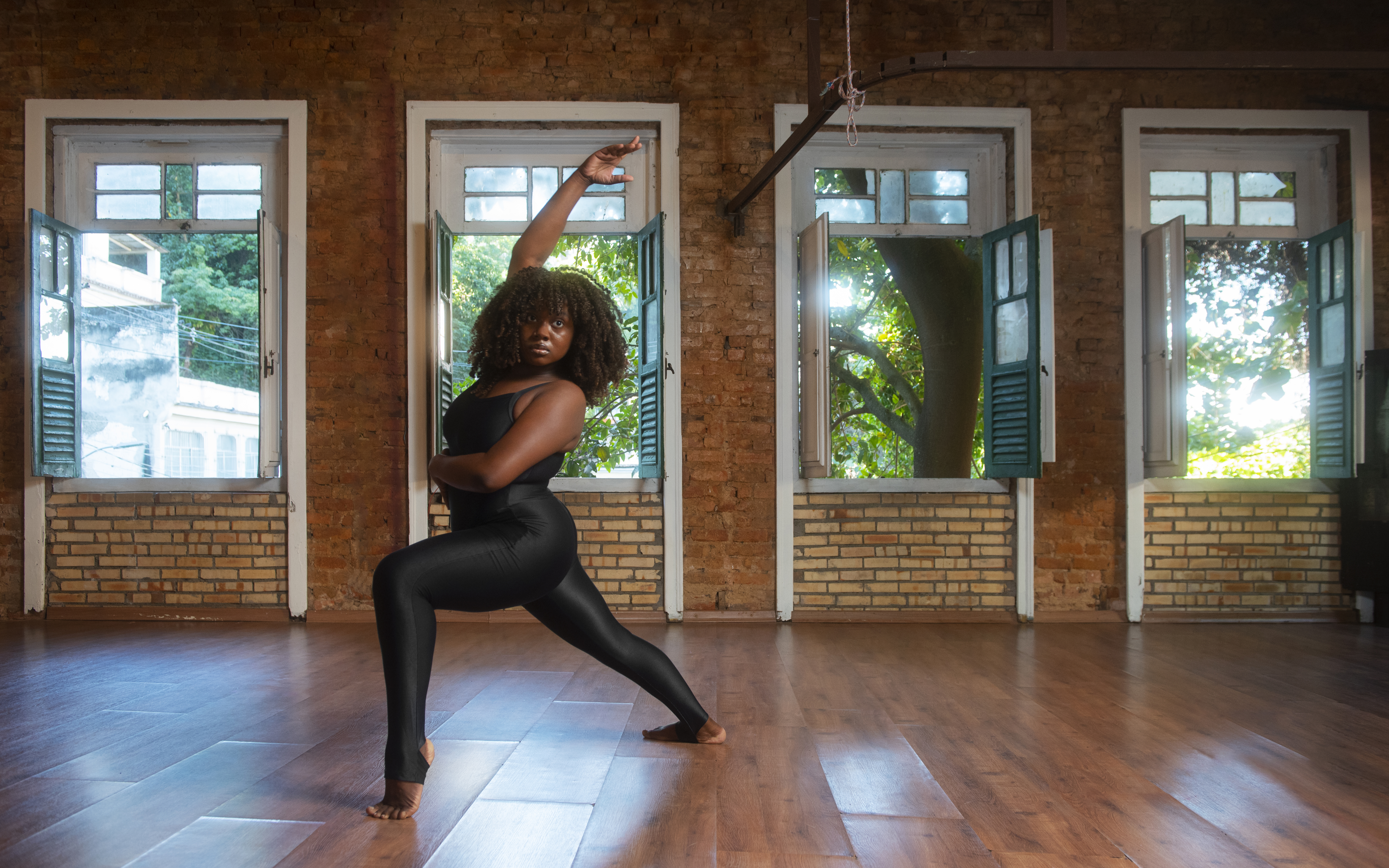Lack of sleep is an obvious energy drainer, but did you know that hormonal changes, diet, inactivity, medical conditions, or even narcolepsy could also be sabotaging your energy levels?
Despite sleeping in all weekend or getting a full night’s rest, many people still wake up exhausted. If you find yourself constantly tired, even after plenty of sleep, you’re not alone. While physical rest is essential, our bodies and minds often need more than just sleep to truly recharge.
Experts point out that anxiety, depression, bipolar disorder, and chronic stress can all contribute to fatigue. The National Health Service adds that poor sleep habits, lack of exercise, dehydration, and certain medications can leave you drained. Meanwhile, conditions like sleep apnea, hypothyroidism, anaemia, or multiple sclerosis may also be culprits.
The limits of sleep alone
Sleep can address physical fatigue but doesn’t always alleviate mental, emotional, or sensory exhaustion. Today, stress, constant stimulation from technology, and emotional strain can deplete our energy reserves in ways that sleep alone can’t fix.
READ ALSO: My beauty ritual is sleep, dancing in front of the mirror – Ayra Starr
Why holistic recharging matters
It’s important to engage in practices that rejuvenate your body, mind, and spirit. Mental health experts recommend calming activities like meditation or deep-breathing exercises to ease stress and curb mental fatigue.
Don’t underestimate the emotional boost that comes from spending quality time with loved ones or indulging in hobbies you enjoy. Even simple strategies, such as taking breaks from digital devices, can reduce sensory overload and refresh your senses.
John Adenle of the University of Lagos, who is a fellow of art in medicine, notes that creative pursuits—like drawing, painting, or crafting—can help those struggling with mental health conditions by promoting mindfulness and relaxation.
Finding what energises you
Everyone’s different, so the key is figuring out which activities reawaken your energy. Maybe it’s a quiet walk in nature, a daily gratitude practice, or time spent with friends who uplift you. Persistent fatigue isn’t always a sign that you need more sleep; it can signal a need for comprehensive rejuvenation. Incorporate habits that revive your mind, body, and spirit, and you’ll soon find yourself tackling each day with fresh enthusiasm.
Dr Toyin Akande-Ajala, Consultant Geriatrician, highlights the power of exercise as one of the best ingredients for healthy living. “People who exercise regularly—at least 30 minutes, three times a week—are less likely to develop chronic illnesses like diabetes, heart disease, or dementia,” she explains. “If you want to age well, start exercising today. Exercise makes you stronger, more resilient, and helps fight fatigue.”
Exercise has been proven to not only help people live well but also live longer. You don’t have to run a marathon to enjoy the benefits—simple exercises like walking for 30 minutes, three times a week, are enough to help you live well and longer.
Clinical nutritionist Odukoya Fiyinfoluwa warns that poor diet is a major factor in fatigue. Relying on high-sugar foods and refined carbs—like pastries and sugary drinks—leads to quick energy crashes. Skipping meals also disrupts the body’s energy balance.
While caffeine gives a temporary lift, excessive amounts can interfere with restful sleep, leaving you more tired. To maintain steady energy levels, he suggests replacing refined carbs with whole grains and choosing nutrient-dense snacks like fruits.
“Tracking your diet is essential,” Fiyinfoluwa says. “Keep a food diary to identify which foods drain your energy. Swap refined carbs for whole grains and pair high-glycemic foods with proteins or healthy fats to avoid energy crashes.”
Note that this article is for informational purposes only. For medical advise or diagnosis, consult a professional
Tips: Ways to recharge
Nature walk

Immersing yourself in nature reduces stress and boosts mood. Fresh air and walking in nature will refresh your senses and clear your mind.
Read a book

Reading relaxes the mind and reduces stress. Get lost in a good book and let it provide a mental escape that sparks your imagination.
READ ALSO: How to build a sleep routine that works for your busy lifestyle
Stay hydrated

Feeling tired could be a sign of mild dehydration. Beat this by drinking lots of water, especially after physical activity.
Dance

Whether it’s a dance class or a spontaneous living-room session, moving to music lifts your mood and re-energises your body.
Find a new hobby

Exploring new interests—like painting, pottery, or cooking—helps stimulate your creativity and gives you fresh goals to look forward to.






